Side Effects of Opioid Abuse
Table of Contents
Opioid abuse is a growing public health crisis that affects individuals, families, and communities throughout the country. As one of the leading drug and alcohol rehab centers in Southern California, West Side Recovery offers targeted solutions for those struggling with addiction, including opioid detox near San Diego. Recognizing the signs of opioid abuse early can be life-saving. Whether the use started with prescription medication or illicit opioids, the physical and mental toll can be devastating.
This page explores the short- and long-term effects of opioid abuse, how these substances affect the brain and body, and what treatment options are available. If you or someone you care about needs help, West Side Recovery is here to provide safe, medically supervised care and lasting support.
What Are 5 Side Effects of Opioid Use?
Opioids exert their effects on the central nervous system by disrupting the way pain messages are sent and received in the brain. When opioids are taken at levels that exceed what is needed medically or are purposely overused, they can have many physical and psychological results. Here are five of the most common side effects:
Nausea and vomiting are some of the most common side effects of opioids reported by users, especially at the beginning of their use. Nausea can occur even at therapeutic doses and is more likely to occur if abused.
Constipation is the common opioid side effect and often the most problematic. Opioids slow digestion and affect bowel function as it normally would and can cause chronic gastrointestinal discomfort.
Drowsiness or sedation is common and can be disruptive to everyday functioning, raises the risk of accidents, and affects decision making by making you less alert while you live.
Respiratory depression is another dangerous side effect. This reduces the bodily drive to breathe. This side effect at high doses can cause fatal overdoses.
Mood changes are another side effect, including anxiety, depression or irritability. These occur because of the chemical effects of opioids on how the brain normally functions.
These types of symptoms are serious red flags that indicate out of control use of opioids, if you or a loved one manifests these harmful physical and psychological effects from the use of opioids seeking help from a professional opioid detox center is your first and primary step.
What Are the 4 Most Common Signs of Opioid Abuse?
When observing opioid abuse, recognizing it early allows families and providers to intervene in hopes of addressing the issue before it worsens. Four of the most common red flags to be aware of include:
Behavioral changes: Some behavioral changes may include withdrawal from friends and family, disengagement from hobbies, secretive behaviors etc. All are typical signs of substance misuse.
Physical changes: You might notice a significant weight loss, eyes may be bloodshot, nose may run frequently, and/or grooming may be noticeably absent.
Drug-seeking behaviors: Behaviors to look for that indicate a misuse of opioids include, “doctor shopping” for new prescriptions, or taking opioids in unsafe ways (i.e. crushing pills).
Increased tolerance or withdrawal symptoms: When the body becomes dependent, a person’s tolerance increases, or they might present with withdrawal symptoms. If a person is increasingly needing more of the drug to feel “normal” then they may already be in the grips of addiction.
Our team at West Side Recovery has the opportunity to help people identify these red flags and begin the process of exploring treatment options that include a personalized treatment path, starting with medical detox and continuing with outpatient and holistic treatment options.
What Are Four Long-Term Effects of Opioid Use?
The prolonged misuse of opioids leads to long-term damage that affects nearly every system in the body. Four significant consequences include:
Liver damage from both the drugs themselves and the acetaminophen often combined with prescription opioids puts users at risk of permanent organ dysfunction.
Endocrine system disruption affects hormone levels, potentially causing low libido, infertility, and irregular menstrual cycles in women.
Cognitive impairment includes issues with memory, concentration, and decision-making. Over time, these effects may resemble symptoms seen in dementia.
Mental health deterioration is another critical issue. Long-term opioid use often triggers or worsens depression, anxiety, and suicidal ideation.
Understanding these risks is important in encouraging those affected to seek opioid detox treatment and therapeutic interventions before damage worsens.
How Does Long-Term Opioid Use Affect the Brain?
Opioids fundamentally alter the brain’s chemistry. They stimulate the release of dopamine, a chemical associated with pleasure and reward. While this creates temporary euphoria, it eventually rewires the brain’s ability to regulate mood and behavior naturally.
One major change is the suppression of the brain’s reward system. Over time, this can result in emotional numbness, lack of motivation, and difficulty experiencing joy.
Another area of concern is how opioids affect the prefrontal cortex. This part of the brain is responsible for decision-making, impulse control, and judgment. Continued use can weaken these abilities, increasing the risk of risky behavior and relapse.
Long-term opioid abuse also reduces the brain’s pain threshold, meaning users become more sensitive to pain, which in turn drives further opioid use. This cycle is difficult to break without structured support from an opioid detox facility like West Side Recovery.
Medical Detox and Addiction Treatment for Opioid Abuse
Recovery starts with a safe withdrawal process. Opioid detox symptoms range from muscle aches and chills to severe cravings and mental distress. West Side Recovery offers medically assisted treatment and a structured opioid detox protocol to help patients stabilize.
Our opioid detox center provides 24-hour care in a supportive environment. After detox, clients can transition into a partial hospitalization program (PHP) or intensive outpatient program (IOP) depending on their needs. This continuum of care includes:
- Therapeutic support such as cognitive behavioral therapy (CBT) and dialectical behavior therapy (DBT) to help patients rebuild coping skills and avoid relapse
- Holistic recovery activities like yoga, art, and even surfing or skateboarding
- Group therapy and peer support for connection and accountability
- Medication management to reduce cravings and stabilize mood
Clients also benefit from structured nutrition and wellness support, helping the body heal after prolonged opioid abuse. These integrated services offer vital support during every stage of recovery.
Why Early Treatment Matters
The earlier someone begins treatment for opioid abuse, the better their chance of full recovery. Waiting until symptoms worsen increases the likelihood of overdose, permanent damage, and mental health crises.
If you’re noticing signs of opioid addiction in yourself or someone else, don’t wait. Contact a professional opioid detox center to begin the process of healing. Early intervention saves lives and prevents deeper physical and emotional damage.
Living Beyond Opioid Abuse
Recovery is not a quick fix, but it is achievable with consistency, support, and a well-rounded approach to care. West Side Recovery understands that long-term healing comes from addressing both the root causes of addiction and the consequences of opioid use.
By combining medical support, therapy, and holistic healing practices, we create an environment where individuals can rediscover their health, purpose, and independence.
Each recovery path is unique, but the opportunity to start again is open to all.
Call West Side Recovery Today
Opioid abuse is dangerous, progressive, and treatable. If you or a loved one is ready to take the first step toward recovery, West Side Recovery can help. We offer opioid detox near San Diego in a safe, supportive environment with trained professionals guiding each phase of the process.
From medical detox to therapy and holistic healing, our programs are built to promote lasting freedom from addiction. To speak confidentially with our team or learn more about opioid detox treatment, call us today at 619-853-1670.
We believe recovery is possible for everyone, no matter how far things have gone. Let us help you begin again.
FAQs
Nausea, constipation, sedation, respiratory depression, and mood swings are among the most common side effects of opioid use.
Behavioral changes, physical decline, increased tolerance, and drug-seeking behavior are frequent indicators of opioid misuse.
Long-term use can damage the liver, disrupt hormones, impair cognition, and worsen mental health conditions.
Opioids alter reward and decision-making centers in the brain, reducing natural pleasure responses and weakening impulse control.
The first step is medical detox, which helps the body safely eliminate opioids while managing withdrawal symptoms under professional supervision.




